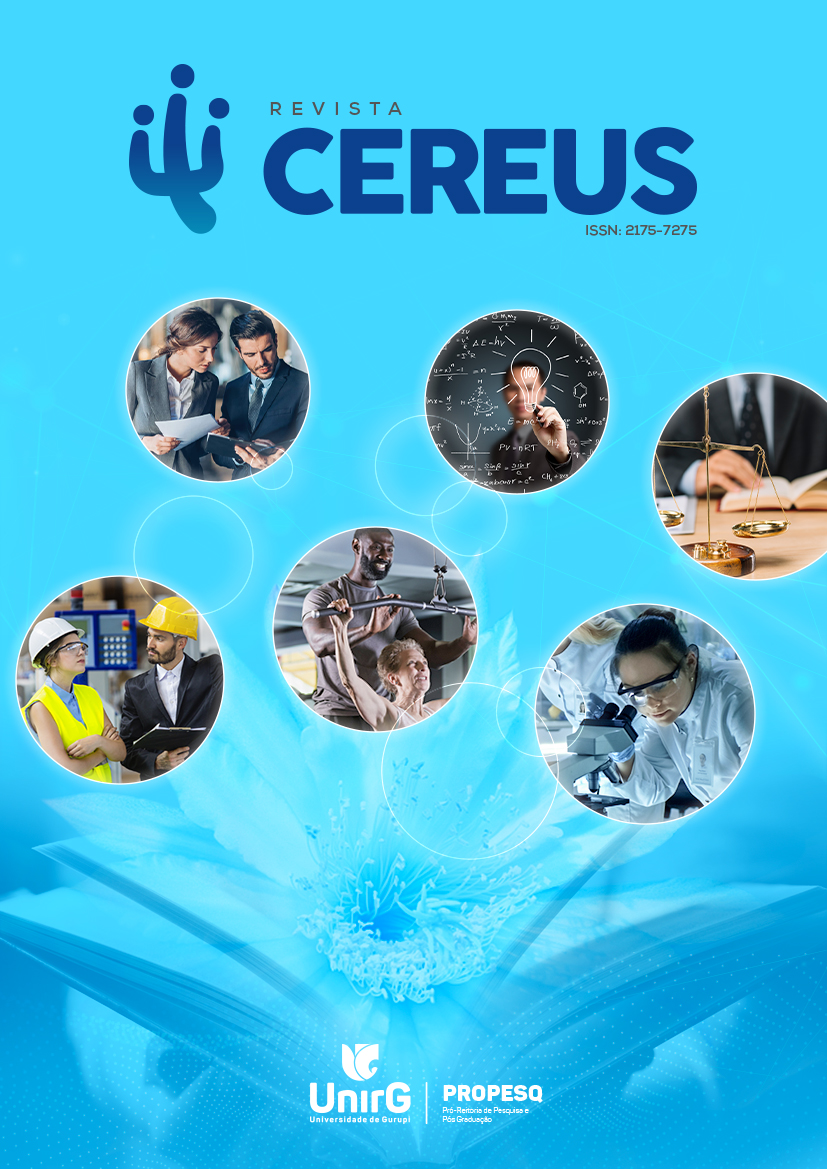WATER SECURITY AND DETECTION OF CRYPTOSPORIDIUM SPP. IN SAMPLES FROM THE GUARAPIRANGA RESERVOIR, SÃO PAULO
Resumen
Water security depends, among other factors, on the hydrological cycle, quantity and quality of water. Several microorganisms that pose risks to human and animal health are waterborne, such as the protozoan Cryptosporidium spp. The parasitological diagnosis of Cryptosporidium spp. in biological material and environmental samples can be accomplished through several techniques that include optical microscopy with analysis of fresh material or through the use of concentration techniques, indirect immunofluorescence and molecular biology that allows differentiation between species. Oocysts of Cryptosporidium spp. are eliminated through feces from parasitized hosts and released into drinking water reservoirs through untreated sewage. Therefore, its proper identification is necessary when causing human gastrointestinal changes. The objective of this work is to analyze the presence of oocysts of Cryptosporidium spp. in recreational areas of the Guarapiranga Resevoir located in the state of São Paulo, Brazil. Water samples were collected and concentrated between July and November and analyzed through the technique of Ziehl Neelsen. Samples showed positive results for Cryptosporidium spp. and cyanobacteria, which are commonly found in the aquatic biota. The latter can be found in large quantities in eutrophic environments due to high amount of organic matter released in water bodies. Oocysts were observed in 60% of the analyzed samples and the distribution between positive and negative samples was not dependent on the month of sampling, but showed statistically significant differences according to the sampling site.
Derechos de autor 2020 REVISTA CEREUS

Esta obra está bajo licencia internacional Creative Commons Reconocimiento-NoComercial-SinObrasDerivadas 4.0.
DECLARAÇÃO DE TRANSFERÊNCIA DE DIREITOS AUTORAIS
Os autores do manuscrito submetido declaram ter conhecimento que em caso de aceitação do artigo, a Revista Cereus, passa a ter todos os direitos autorais sobre o mesmo. O Artigo será de propriedade exclusiva da Revista, sendo vedada qualquer reprodução, em qualquer outra parte ou meio de divulgação, impressa ou eletrônica.


